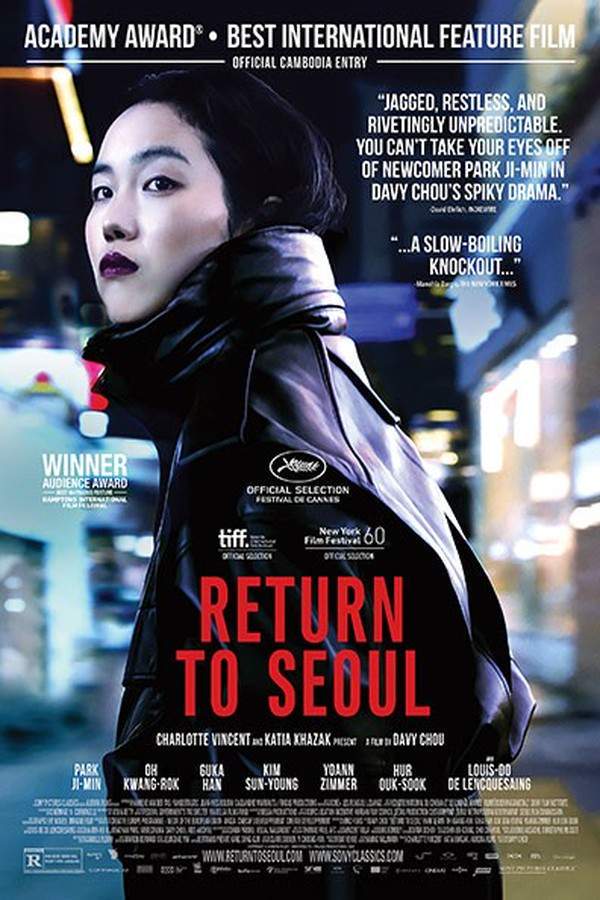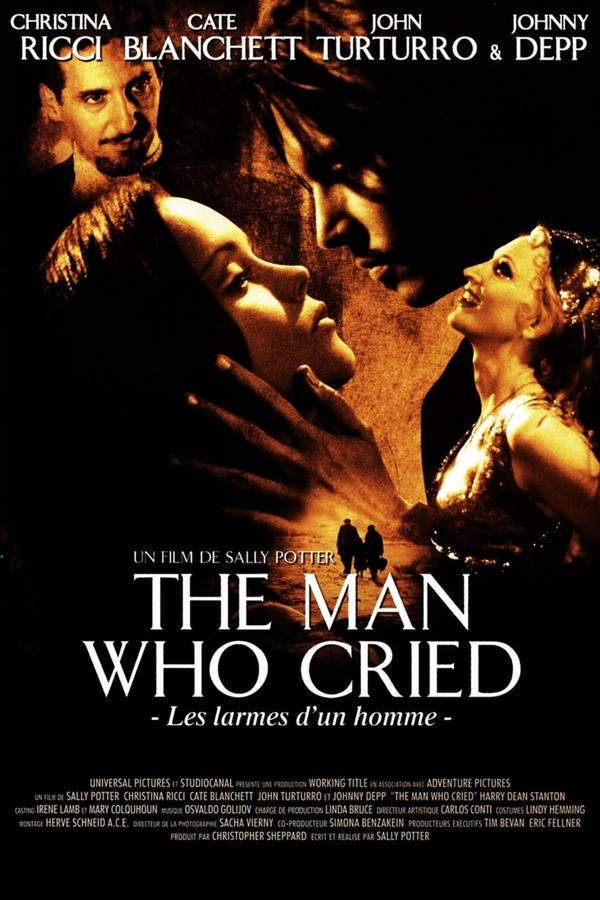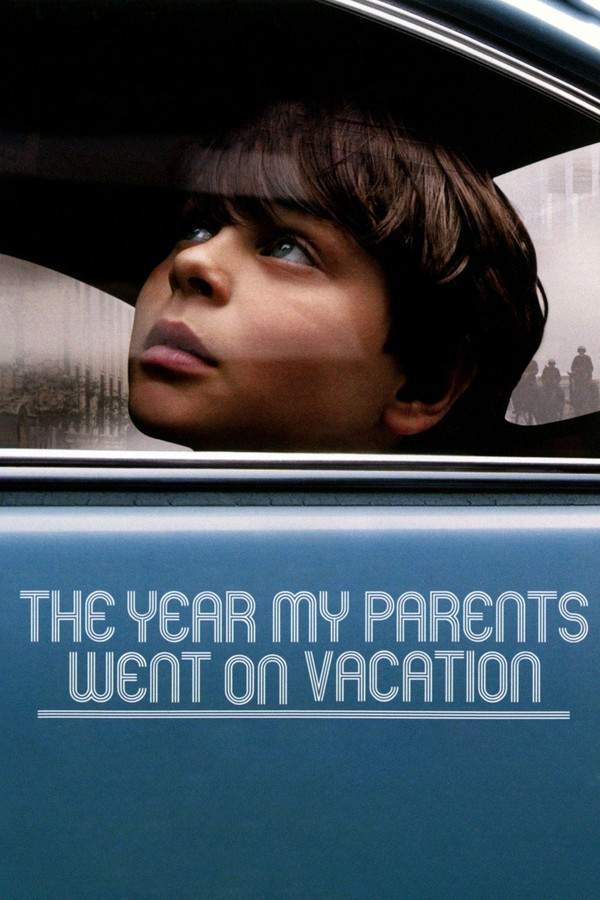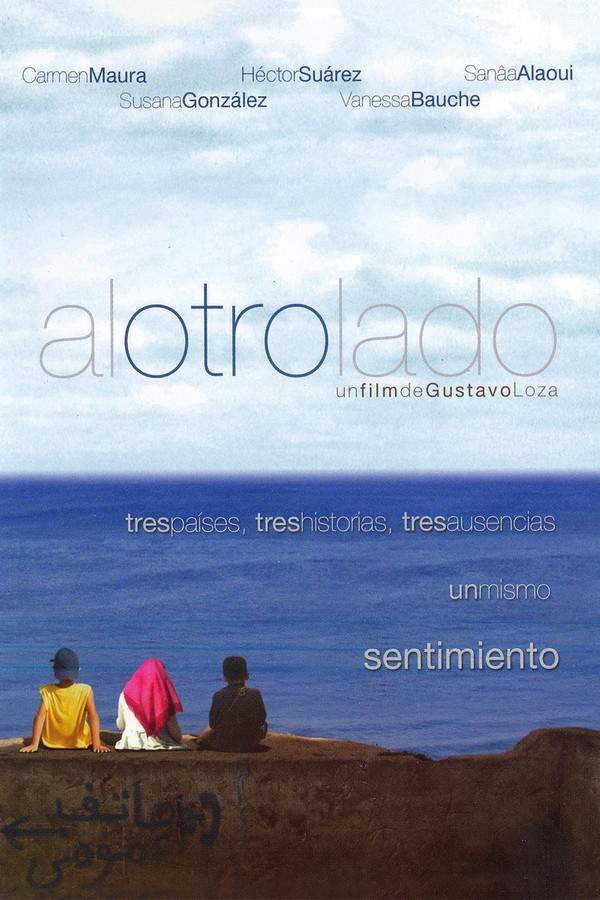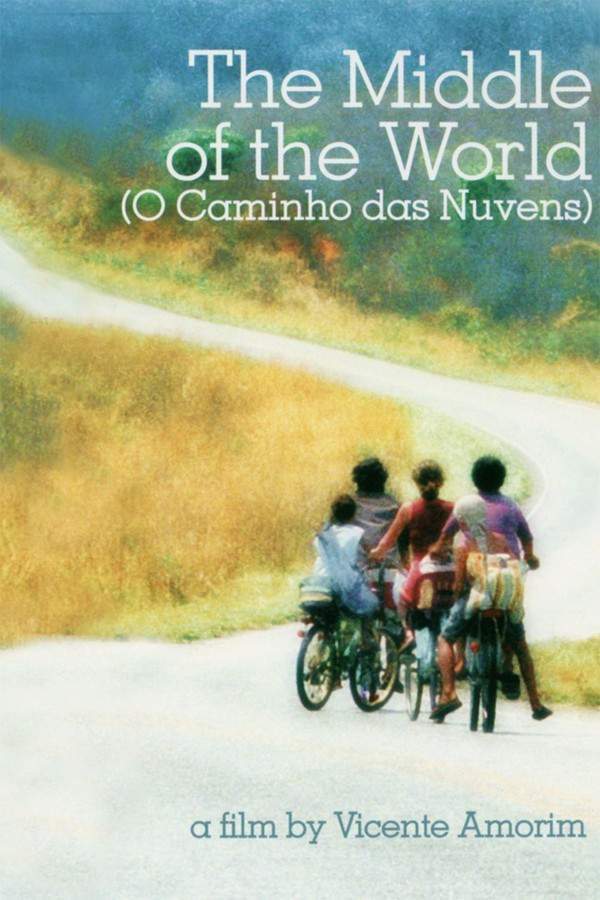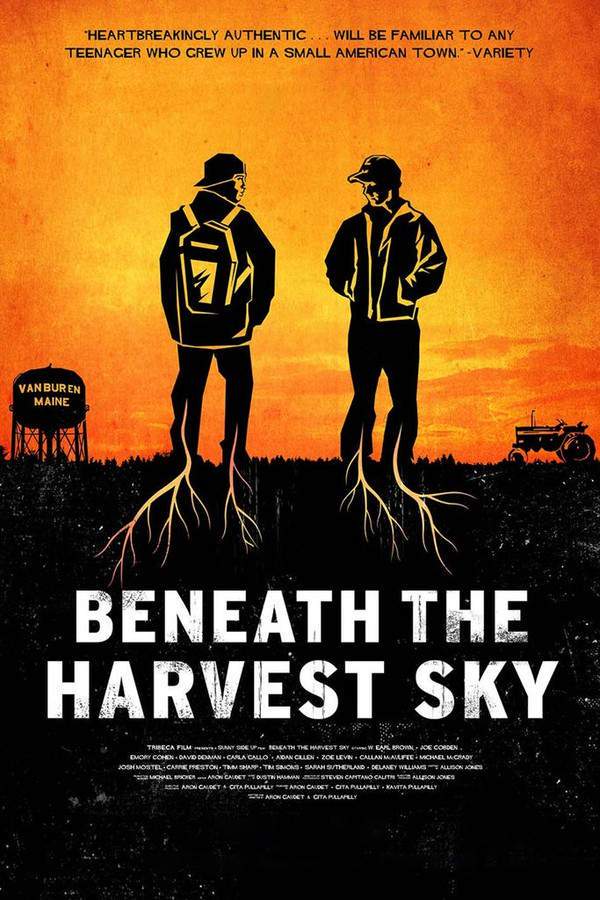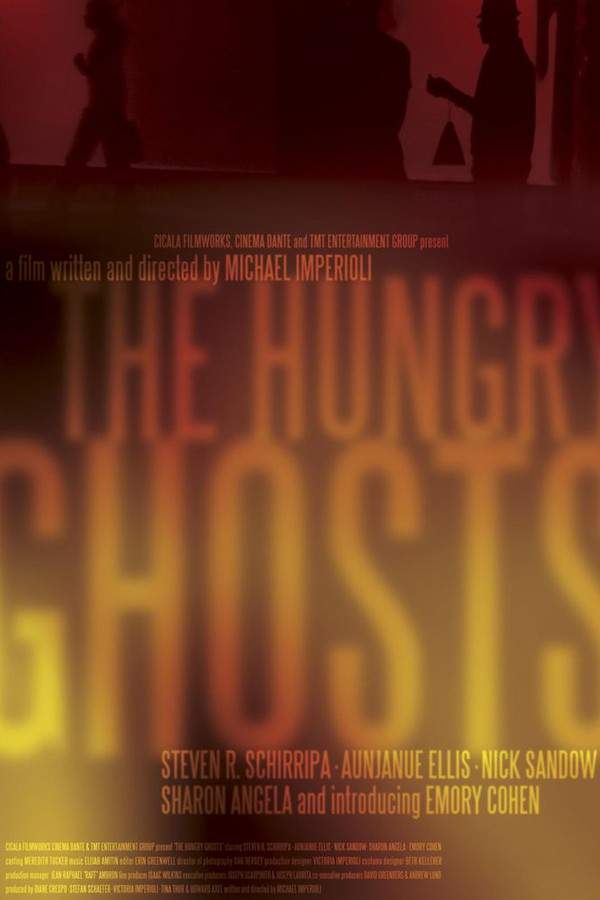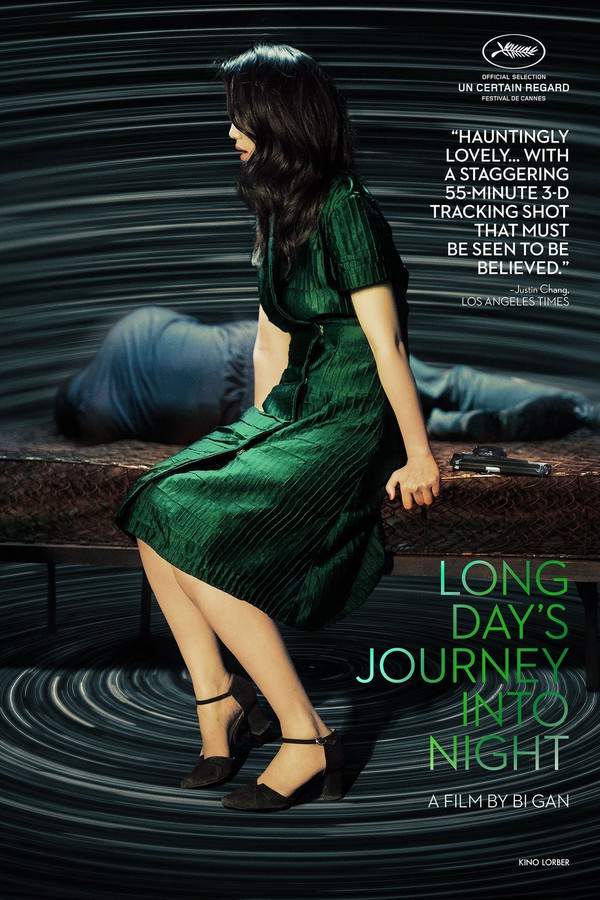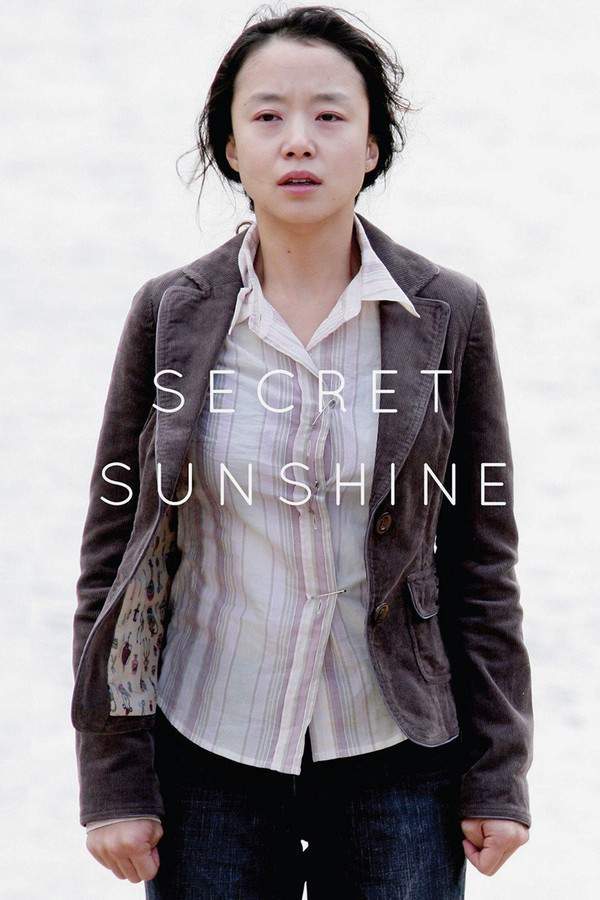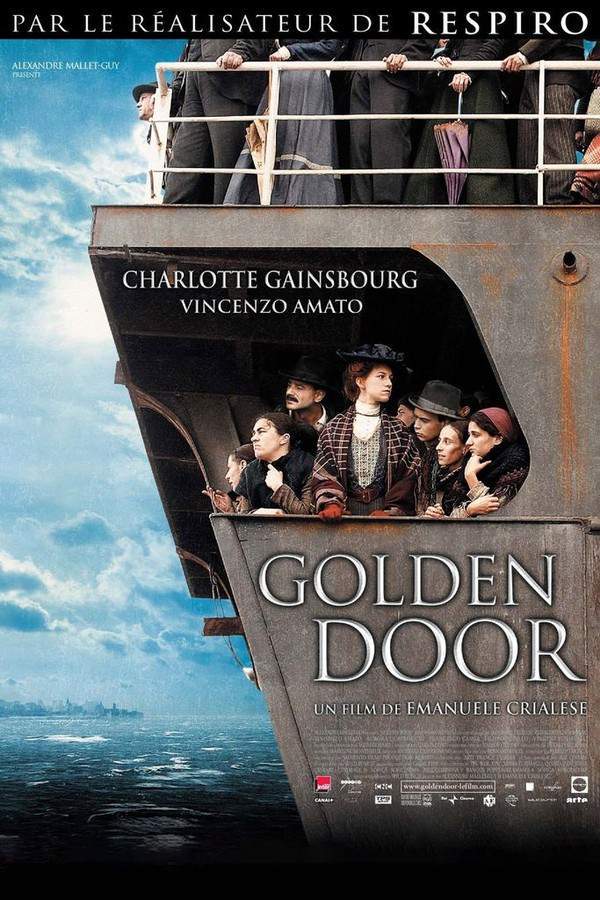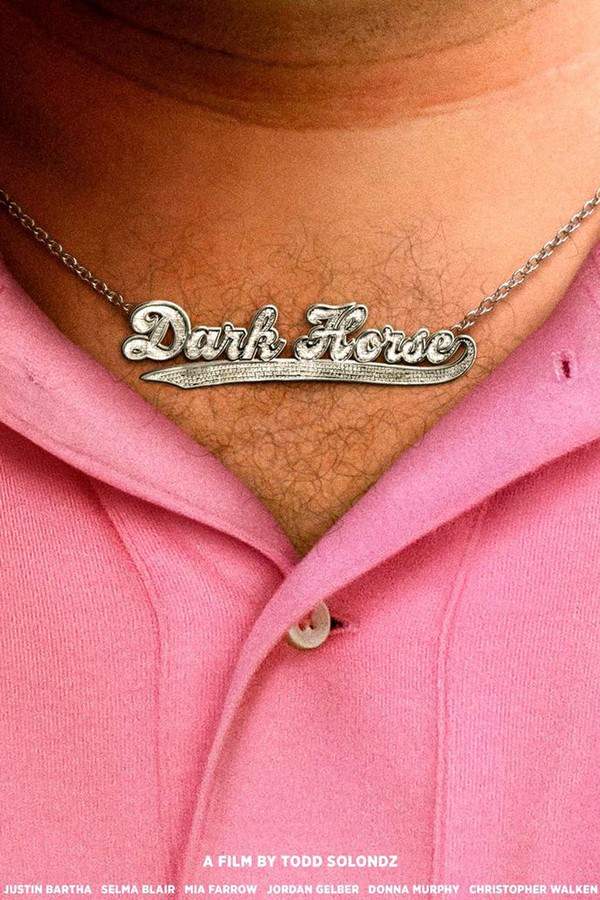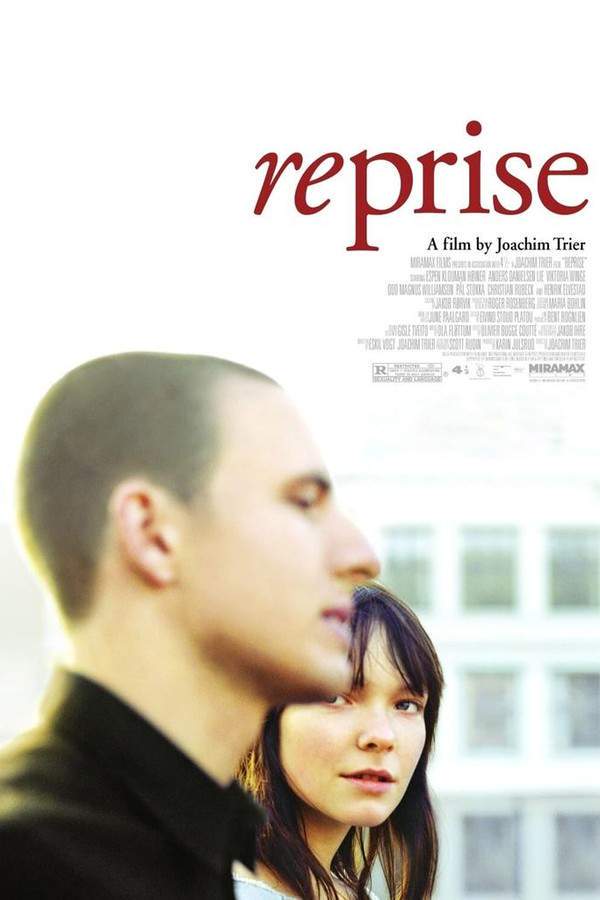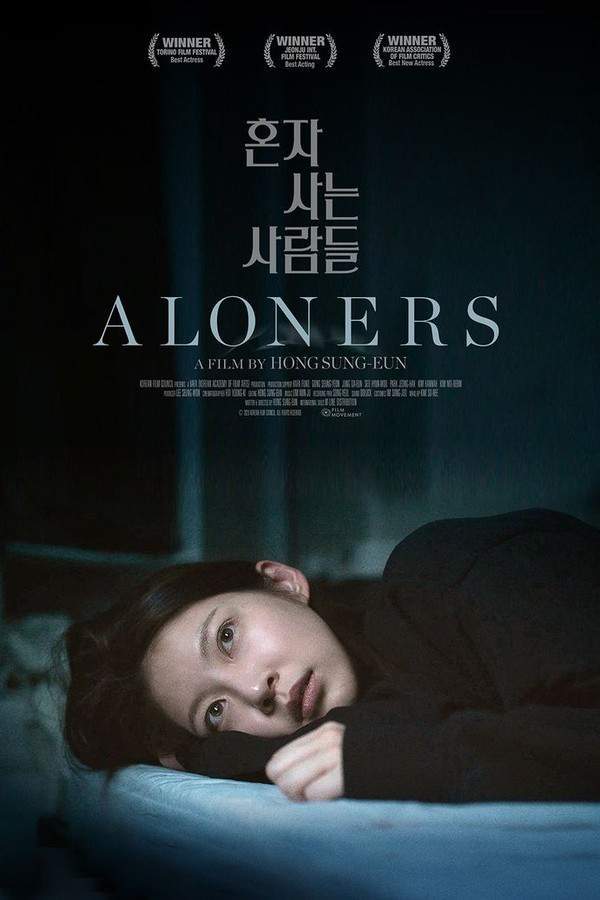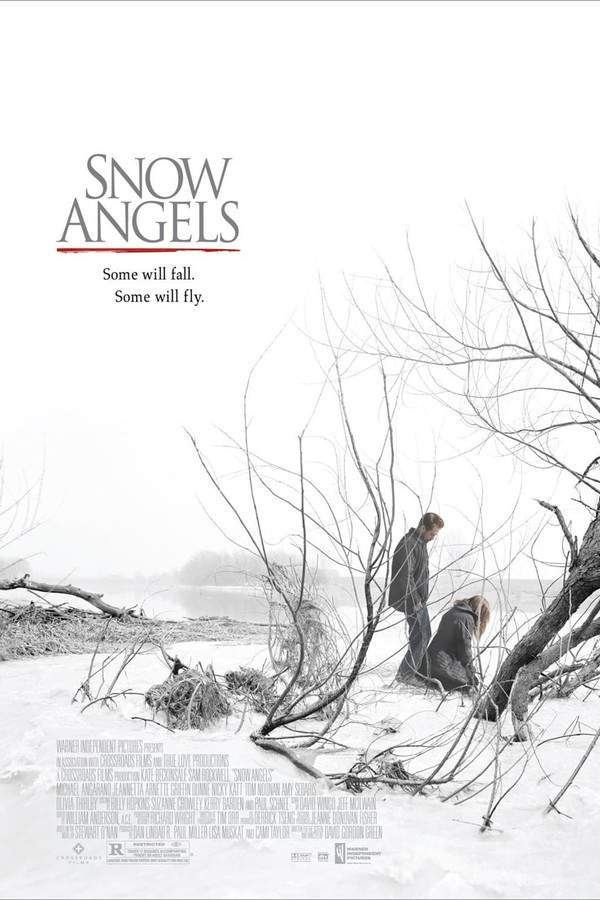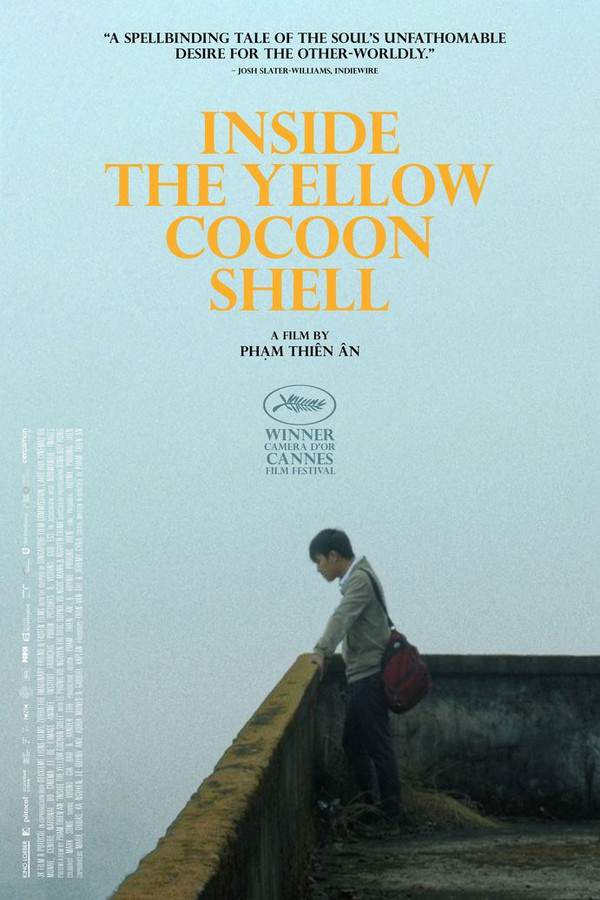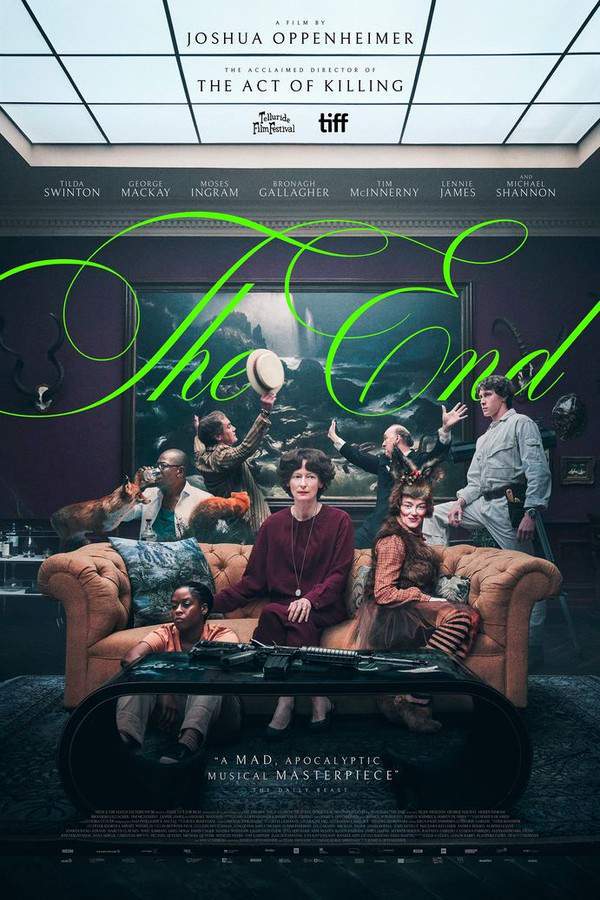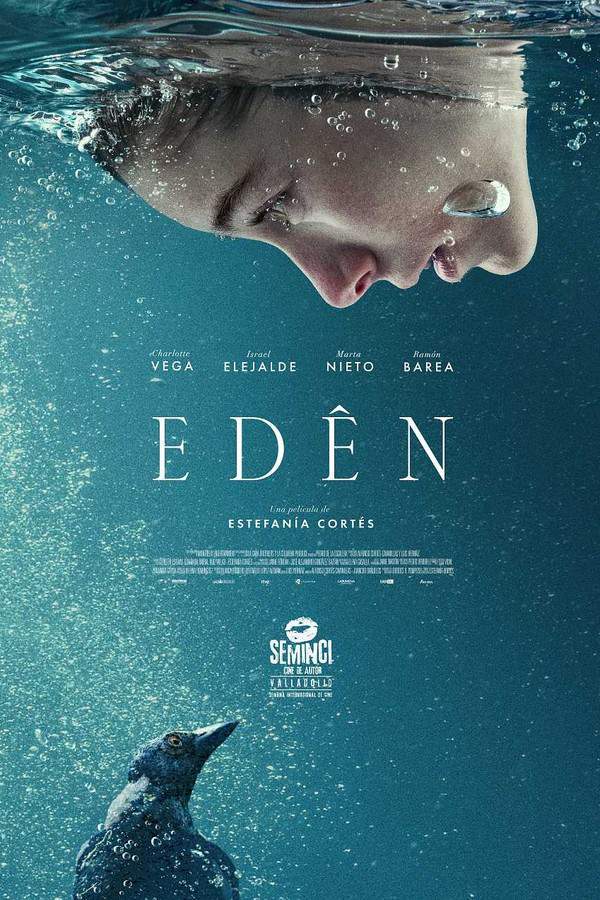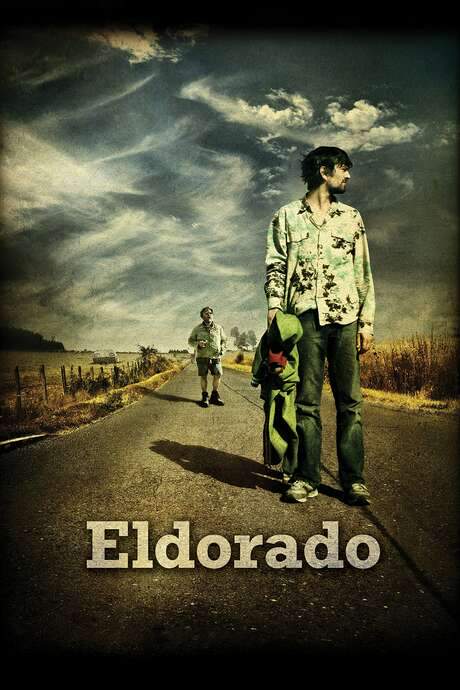
Eden Is West
Year: 2009
Runtime: 110 mins
Language: French
Director: Costa-Gavras
Driven to escape his impoverished homeland, Elias stows away on a dilapidated people‑smuggling trawler bound for France. When police raid the vessel, he dives into the sea and washes ashore at a Mediterranean resort named Eden. From there his arduous trek across Western Europe to Paris unfolds, bringing hopeful opportunities, new allies, and constant threats at every turn.
Warning: spoilers below!
Haven’t seen Eden Is West yet? This summary contains major spoilers. Bookmark the page, watch the movie, and come back for the full breakdown. If you're ready, scroll on and relive the story!
Eden Is West (2009) – Full Plot Summary & Ending Explained
Read the complete plot breakdown of Eden Is West (2009), including all key story events, major twists, and the ending explained in detail. Discover what really happened—and what it all means.
Elias, Riccardo Scamarcio is a young immigrant trying to reach Europe by boat, traveling with others who are also aiming for a new life. When the vessel nears Greek shores and a marine patrol closes in, Elias chooses to jump into the sea to avoid capture, and so do several fellow passengers. He wakes up on a sunlit shore the next day, surrounded by nudists who aren’t hostile to him at all, even though he has lost most of his clothes in the swim. He improvises his way into the scene, pretending to be one of the nudists, and then quietly swipes some garments to blend in. In the odd chaos of this new dawn, Elias presents himself as an employee of a hotel called the Eden Club-Paradise, a ruse that some residents accept and others treat as if he’s merely a guest. The hotel becomes a strange crossroads for him, a place where identity can shift with the next stranger who enters.
Here, Elias meets a charismatic, seasoned performer known as the magician, Nick Nickelby, who is played by Ulrich Tukur. The magician senses Elias’s quick wit and nimble hands, and he hires him for a handful of tricks. Elias proves to be adept, and the magician greets him with a glimmer of possibility: “if you find yourself in Paris, come and find me.” This line plants a seed in Elias, turning Paris into an obsession and a beacon of hope that promises a doorway into a brighter future.
The path toward that dream is rough and treacherous. Elias endures abuse under the hotel’s management, experiences humiliation while forced to clean a toilet with his hands, and witnesses the arrest of a fellow immigrant who had stashed himself near the Eden Club. The sights of drowning and death haunt him as he discovers the lifeless bodies of those who didn’t survive their perilous journey. The world he navigates is a brutal mix of vulnerability and opportunism, where suspicion and danger lurk at every turn.
Christina, a middle-aged German woman, enters Elias’s story with a different kind of offer. Christina seeks him as a lover and provides shelter and money, briefly lifting him from the hotel’s precarious grip. Elias leaves the Eden Club in search of a path to Paris that feels more honest, more his own. He hitchhikes, parries misfortune with stubborn resilience, and clings to the idea that Paris awaits somewhere beyond the next highway. A series of tense encounters tests his resolve: a man who pretends to transport him to Paris swindles him out of his money, a peasant woman with a tractor offers a fleeting kindness before he moves on, and a few strangers give him rides that end without payback or closure. Each episode sharpens his sense that the dream might be more fragile than he believed.
Time after time, Elias’s luck shifts and then falters again. A German truck driver stops to pick him up and offers warmth in the form of a jacket, but the sense of safety never fully settles in. He eventually lands a job in a factory, only to learn that the employer has no real plan to help him stay or process his immigration. When he tries to share a meal with local workers, he is shunted aside by a casual racism that reminds him he’s still an outsider. Struggling to survive, he ends up in a village, hungry and poorly clothed, where he steals a jacket to stay warm. He is quickly discovered, and a new chase begins as he flees once again, with people in the vicinity calling him a “damned gypsy” as rumors swirl.
In another twist of fate, a band of gypsies finds him and offers aid, guiding him toward Paris with a certain camaraderie and humor. They mock the dreamers who come to the city, yet their help feels genuine, a brief moment of bond in a world built on suspicion. The gypsies’ caravan vanishes as a tense confrontation escalates; a petrol bomb is hurled toward the scene, and Elias must once more find his footing in the cold of the road.
A quiet conversation with a compatriot in a village is the clearest reminder that Elias is still far from the life he imagines. This fellow immigrant voices the bleak truth: the West is tough, jobs are scarce, savings evaporate, and returning home can seem safer than pushing forward. Elias spends a night in a refuge with others who steal his jacket, and the next day he sets out again toward Paris, heart and mind still fixed on the magic of the city.
At last he discovers the club named Lido, the place where the world Elias has imagined might finally appear. There, in a street performance by a magician who moves among a gleaming red Citroën DS cabriolet, Elias senses the moment of reckoning. He runs to catch the magician after the show, shouting, “Mister,” hoping the man recognizes him. The magician looks at him with a kind of fatal detachment, and a revelation follows: “Aha, so you’ve done both. You came in Paris and you also saw me.” He hands Elias a small toy magic wand, a symbol of possibility rather than guarantee, and leaves him to interpret its meaning as the street lights flicker.
The city feels suddenly charged as police arrive in the wake of Elias’s moment of contact with the unknown. He pockets the wand, retreats into the crowd, and begins the slow walk toward the Eiffel Tower, the symbol of his longed-for future. The final image is less a triumph than a quiet, stubborn belief that perhaps a little magic can illuminate a path through a world that has so often denied him a place to belong. Elias carries with him the memory of the magician’s gaze and the small wand, a reminder that dreams, even when fragile, can still nudge a life toward Paris and the possibility of something better.
“if you find yourself in Paris, come and find me.”
“Aha, so you’ve done both. You came in Paris and you also saw me.”
Last Updated: October 09, 2025 at 09:28
Explore Movie Threads
Discover curated groups of movies connected by mood, themes, and story style. Browse collections built around emotion, atmosphere, and narrative focus to easily find films that match what you feel like watching right now.
Gritty immigrant survival stories like Eden Is West
Hopeful but arduous treks across unforgiving landscapes, both physical and social.Movies like Eden Is West feature similar arduous journeys and themes of displacement. If you liked the story of Elias's trek across Europe, you'll find other powerful dramas about resilience, survival, and the pursuit of dreams against overwhelming odds.
Narrative Summary
Stories in this thread typically follow a linear, episodic structure as the protagonist moves through a series of challenging encounters. The narrative focuses on the physical and emotional toll of the journey, with each episode presenting new threats and fleeting allies, building a cumulative weight of experience that tests the character's resolve.
Why These Movies?
These movies are grouped by their shared focus on a difficult, hope-driven journey, a medium intensity pace that allows for immersive hardship, and a heavy emotional weight stemming from themes of survival and displacement. The tone is often melancholic but punctuated by resilience.
Movies with ambiguous endings like Eden Is West
Stories where the destination is reached, but the future remains profoundly uncertain.If you liked the uncertain conclusion of Eden Is West, where Elias reaches Paris but his future is unclear, explore these other films. They share a similar pattern of achieving a goal but leaving the ultimate outcome and emotional resolution open to interpretation.
Narrative Summary
The narrative pattern involves a clear, driving goal that provides the story's forward momentum. The climax is the achievement of that goal, but the resolution deliberately avoids a clear-cut happy or sad conclusion. Instead, it focuses on the moment of arrival, emphasizing the fragility of the dream and the uncertainty of what comes next.
Why These Movies?
These films are united by their use of an ambiguous ending feel, which creates a specific, thought-provoking emotional impact. They share a bittersweet or melancholic tone, where the journey's heavy emotional weight doesn't lead to a simple catharsis, prompting reflection on the themes of dreams and reality.
Unlock the Full Story of Eden Is West
Don't stop at just watching — explore Eden Is West in full detail. From the complete plot summary and scene-by-scene timeline to character breakdowns, thematic analysis, and a deep dive into the ending — every page helps you truly understand what Eden Is West is all about. Plus, discover what's next after the movie.
Eden Is West Timeline
Track the full timeline of Eden Is West with every major event arranged chronologically. Perfect for decoding non-linear storytelling, flashbacks, or parallel narratives with a clear scene-by-scene breakdown.

Characters, Settings & Themes in Eden Is West
Discover the characters, locations, and core themes that shape Eden Is West. Get insights into symbolic elements, setting significance, and deeper narrative meaning — ideal for thematic analysis and movie breakdowns.

Eden Is West Spoiler-Free Summary
Get a quick, spoiler-free overview of Eden Is West that covers the main plot points and key details without revealing any major twists or spoilers. Perfect for those who want to know what to expect before diving in.

More About Eden Is West
Visit What's After the Movie to explore more about Eden Is West: box office results, cast and crew info, production details, post-credit scenes, and external links — all in one place for movie fans and researchers.

Similar Movies to Eden Is West
Discover movies like Eden Is West that share similar genres, themes, and storytelling elements. Whether you’re drawn to the atmosphere, character arcs, or plot structure, these curated recommendations will help you explore more films you’ll love.
Explore More About Movie Eden Is West
Eden Is West (2009) Scene-by-Scene Movie Timeline
Eden Is West (2009) Movie Characters, Themes & Settings
Eden Is West (2009) Spoiler-Free Summary & Key Flow
Movies Like Eden Is West – Similar Titles You’ll Enjoy
Eden (2015) Spoiler-Packed Plot Recap
From Iceland to EDEN (2019) Full Summary & Key Details
Eden’s Curve (2003) Plot Summary & Ending Explained
The Garden of Eden (1980) Detailed Story Recap
Eden (2020) Full Movie Breakdown
Eva (2021) Movie Recap & Themes
Eden and After (1970) Complete Plot Breakdown
Ecstasy (1933) Complete Plot Breakdown
Eve’s Beach Fantasy (1996) Film Overview & Timeline
Exit to Eden (1994) Spoiler-Packed Plot Recap
More (1969) Spoiler-Packed Plot Recap
Eldorado (2008) Spoiler-Packed Plot Recap
Garden of Eden (1954) Spoiler-Packed Plot Recap
Garden of Eden (2008) Complete Plot Breakdown
Eden (2025) Detailed Story Recap

